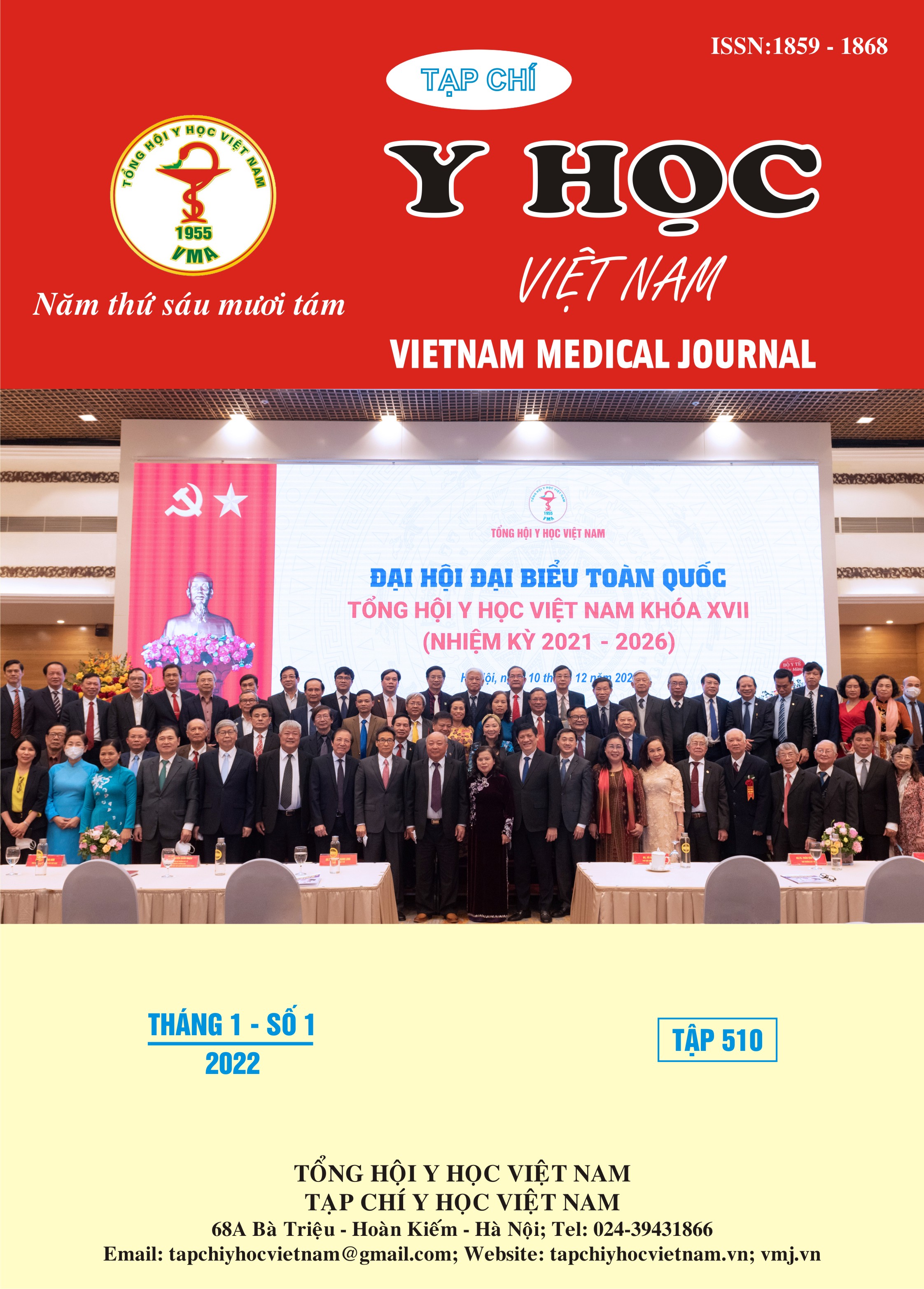KNOWLEDGE ON PATIENT CARE OF INFORMAL CAREGIVERS FOR PEOPLE WITH TYPE-2 DIABETES IN THAI BINH PROVINCE IN 2019
Main Article Content
Abstract
The study aimed to describe the current knowledge of informal caregivers on primary care of patients with type-2 diabetes. It applied the quantitative research method through interviews with 1,238 subjects who are key informal caregiver for people with type-2 diabetes in two districts of Thai Binh province in 2019. Results: informal caregivers for people with diabetes mainly completed secondary school (38.8%), mostly children (53.8%) or spouses (39.0%) of caregivers. For 7 care contents, the highest average score abtained for nutrition (2.74±0.85), followed by exercise instruction (2.6±1.06). Subjects lacked knowledge mainly on treatment of disease complications such as foot care, hypoglycemia control. The mean score achieved was 2.48±0.90. Percentage of subjects with high knowledge level (>2 points) accounted for 67.9%.
Article Details
Keywords
Diabetes, knowledge, caregivers
References
2. McInnes, AD. Diabetic foot disease in the United Kingdom: about time to put feet first. J Foot Ankle Res 5, 26 (2012). https://doi.org/10.1186/1757-1146-5-26
3. Whiting DR, Guariguata L, Weil C, et al. IDF diabetes atlas: global estimates of the prevalence of diabetes for 2011 and 2030. Diabetes Res Clin Pract. 2011 Dec; 94(3):311-21.
4. International Diabetes Federation (IDF). IDF
Diabetes Atlas, 8th edition 2017. http://fmdiabetes.org/wp-content/uploads/2018/03/IDF-2017.pdf
5. Nguyen BN, Zhou LL and Waqas AD. Diabetes: What Challenges Lie Ahead for Vietnam? Ann Glob Health. 2020; 86(1): 1. Published online 2020 Jan 2. doi: 10.5334/aogh.2526
6. Rosland AM, Piette JD, Choi H, et al. Family and friend participation in primary care visits of patients with diabetes or heart failure: patient and physician determinants and experiences. Med. Care. 2011; 49: 37–45.
7. Messenger G, Taha N, Sabau S, et al. Is there a role for informal caregivers in the management of diabetic foot ulcers? A narrative review. Diabetes Ther. 2019; 10(6): 2025–2033.
8. Duggan A. Understanding interpersonal communication processes across health contexts: advances in the last decade and challenges for the next decade. J. Health Commun. 2006; 11 (1): 93–108.
9. Matthews AK, Sellergren SA, Manfredi C, et al. Factors influencing medical information seeking among African American cancer patients. J. Health Commun. 2002; 7 (3): 205–219.
10. Masami M, Takayuki S, Nguyen VD, et al. (2017), “Prevalence, perception and factors associated with diabetes mellitus among the adult population in central Vietnam: a population-based, cross-sectional seroepidemiological survey”. BMC Public Health 17:298.


